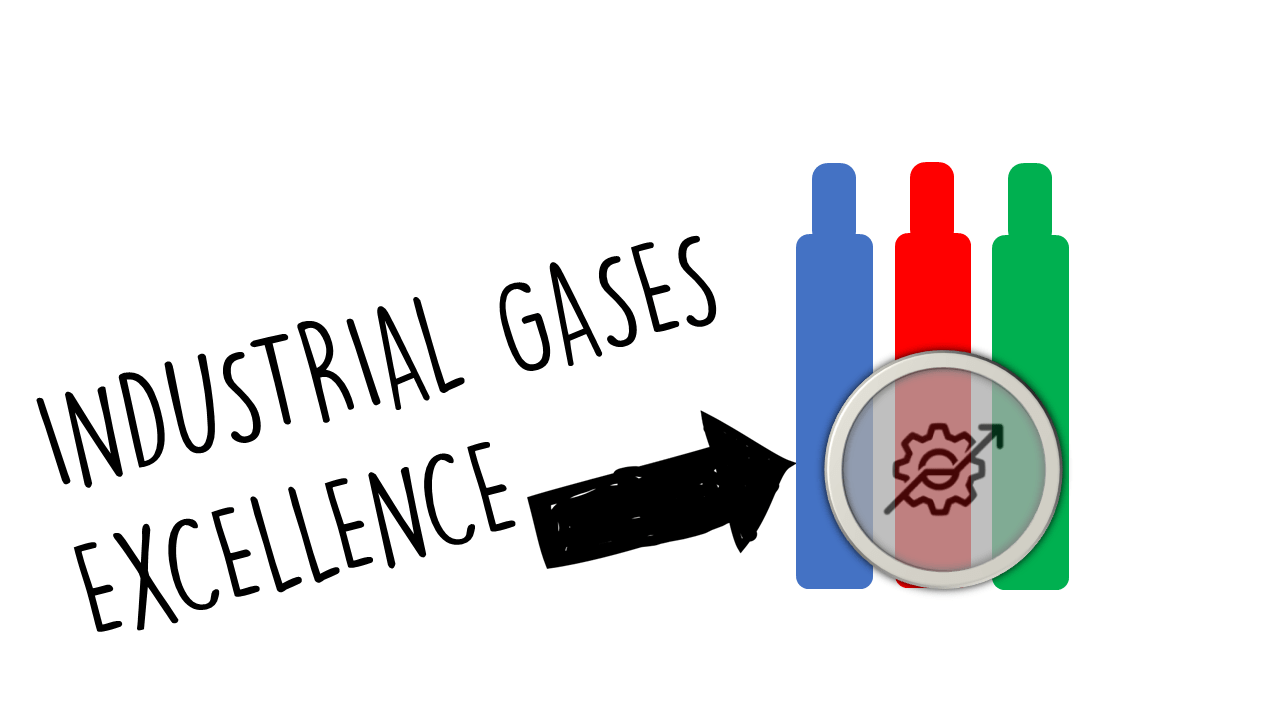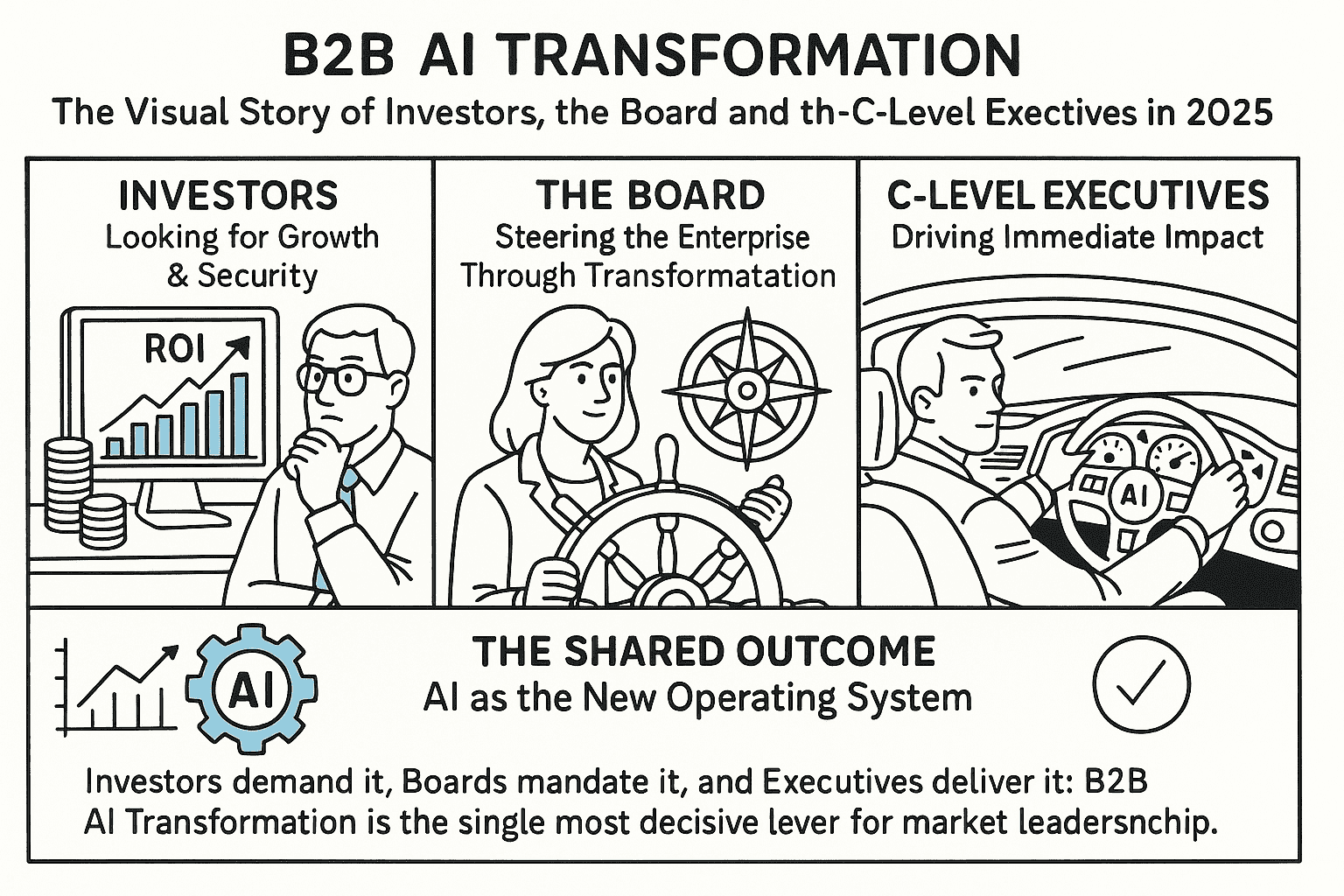Trash-to-Cash refers to the innovative processes and technologies that convert waste materials, including organic and industrial waste, into valuable products, such as energy, fuels, or raw materials for industrial applications.
In the context of industrial gases, it encompasses the methods of generating gases for use in processes like combustion, chemical synthesis, or as feedstock for other applications, thereby diverting waste from landfills and contributing to a circular economy.
Framing
- Circular Economy: Trash-to-Cash aligns with the principles of a circular economy, where waste is repurposed rather than disposed of, promoting sustainability and resource efficiency.
- Resource Recovery: It emphasizes the recovery of valuable resources from waste materials, turning what was once seen as trash into usable products.
- Environmental Impact: By reducing landfill waste and greenhouse gas emissions, Trash-to-Cash initiatives contribute to lowered environmental footprints and enhanced corporate sustainability profiles.
- Economic Opportunities: These processes create new business and employment opportunities by developing new technologies and industries focused on waste conversion.
Re-Framing
To re-frame the Trash-to-Cash concept in the context of industrial gases, consider these contemporary dimensions:
- Technological Innovation: Highlight advancements in pyrolysis, gasification, anaerobic digestion, and other methods that make waste-to-gas processes more efficient, cost-effective, and scalable.
- Stakeholder Collaboration: Encourage partnerships between industries, governments, and waste management organizations to foster shared investment in waste-to-energy projects.
- Consumer Awareness: Promote heightened awareness among consumers regarding the benefits of utilizing waste-derived gases in everyday products and processes, boosting demand for such initiatives.
- Regulatory Frameworks: Advocate for supportive regulations that facilitate the establishment of Trash-to-Cash operations, including tax incentives or subsidies for companies engaging in sustainable practices.
Actions
To successfully implement Trash-to-Cash initiatives within the industrial gases sector, stakeholders can take the following actions:
- Research and Development: Invest in R&D to improve waste-to-gas technologies, focusing on maximizing efficiency, minimizing emissions, and optimizing conversions.
- Pilot Projects: Initiate pilot projects that demonstrate the viability of Trash-to-Cash processes, allowing for real-world data collection and validation.
- Collaboration and Engagement: Form alliances with local governments, waste management firms, and industrial partners to create a robust ecosystem for waste conversion projects.
- Market Analysis: Conduct market studies to identify and understand potential customers for waste-derived gases, ensuring that the products meet industry demand and regulatory standards.
- Education and Training: Offer training programs to educate stakeholders on the benefits and processes associated with Trash-to-Cash initiatives, empowering them to embrace this paradigm shift.
Case Studies
Case Study 1: Waste-to-Energy Facility
- Description: An industrial gas company partnered with a municipality to convert municipal solid waste into synthesis gas (syngas) through gasification.
- Outcome: The facility produces renewable energy for local power grids while providing a steady supply of syngas for industrial applications, diverting thousands of tons of waste from landfills annually.
Case Study 2: Anaerobic Digesters
- Description: A food processing plant implemented anaerobic digesters to convert organic waste into biogas, which is then purified to produce bio-methane.
- Outcome: The plant reduced waste disposal costs and created a sustainable energy source, using biogas to power its operations and reduce its carbon footprint.
Case Study 3: Industrial Waste Gasification
- Description: A chemical manufacturer established a gasification plant that processes hazardous and non-hazardous industrial waste to produce hydrogen-rich syngas.
- Outcome: The syngas is used as a feedstock for chemical synthesis, offsetting the use of fossil fuels and providing an economically viable waste management solution.
Conclusion
The Trash-to-Cash model presents a significant opportunity for the industrial gases sector to transform waste into valuable resources, supporting sustainability and economic growth.
By integrating waste conversion technologies into their operations, companies can create new revenue streams, reduce environmental impact, and contribute to a circular economy.
Emphasizing innovation, collaboration, and market readiness will be key to realizing the full potential of Trash-to-Cash initiatives, making them a cornerstone of future industrial practices.





